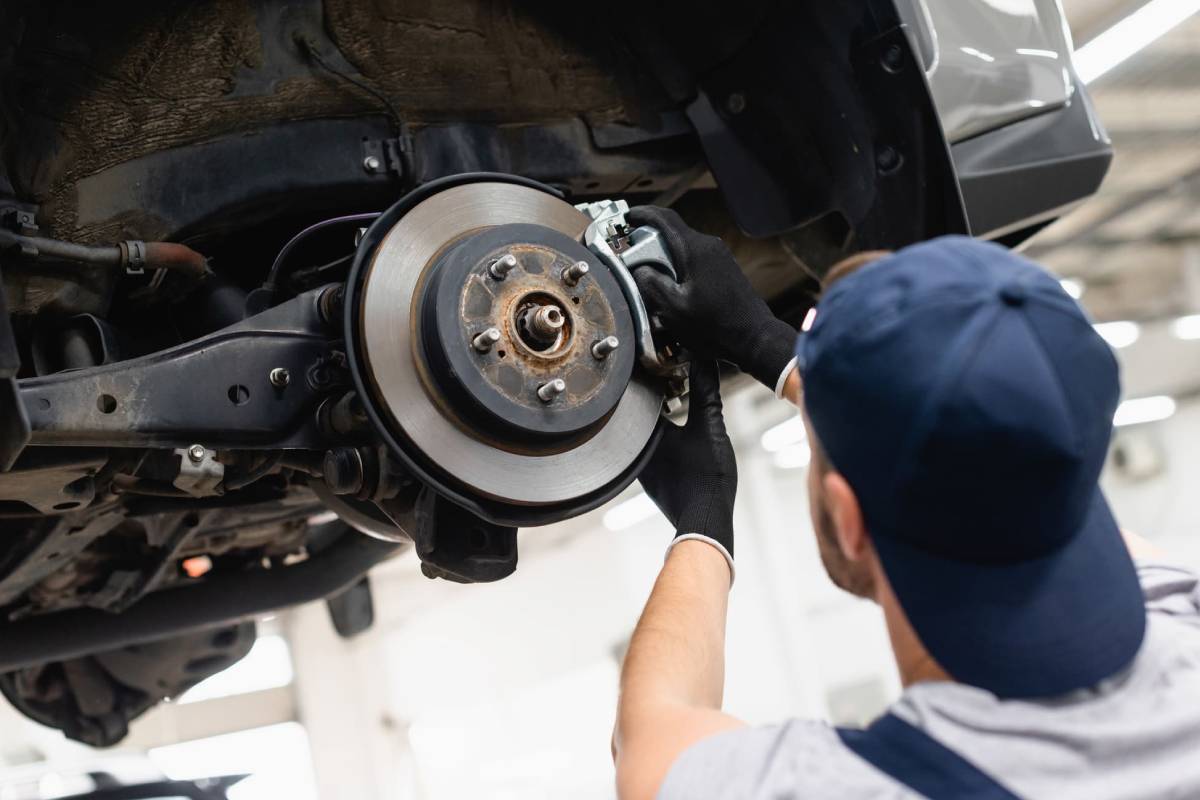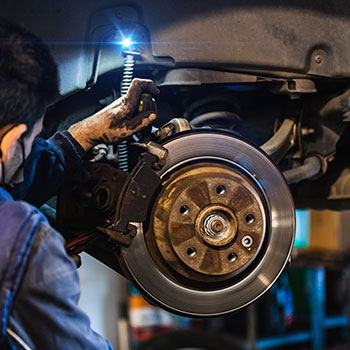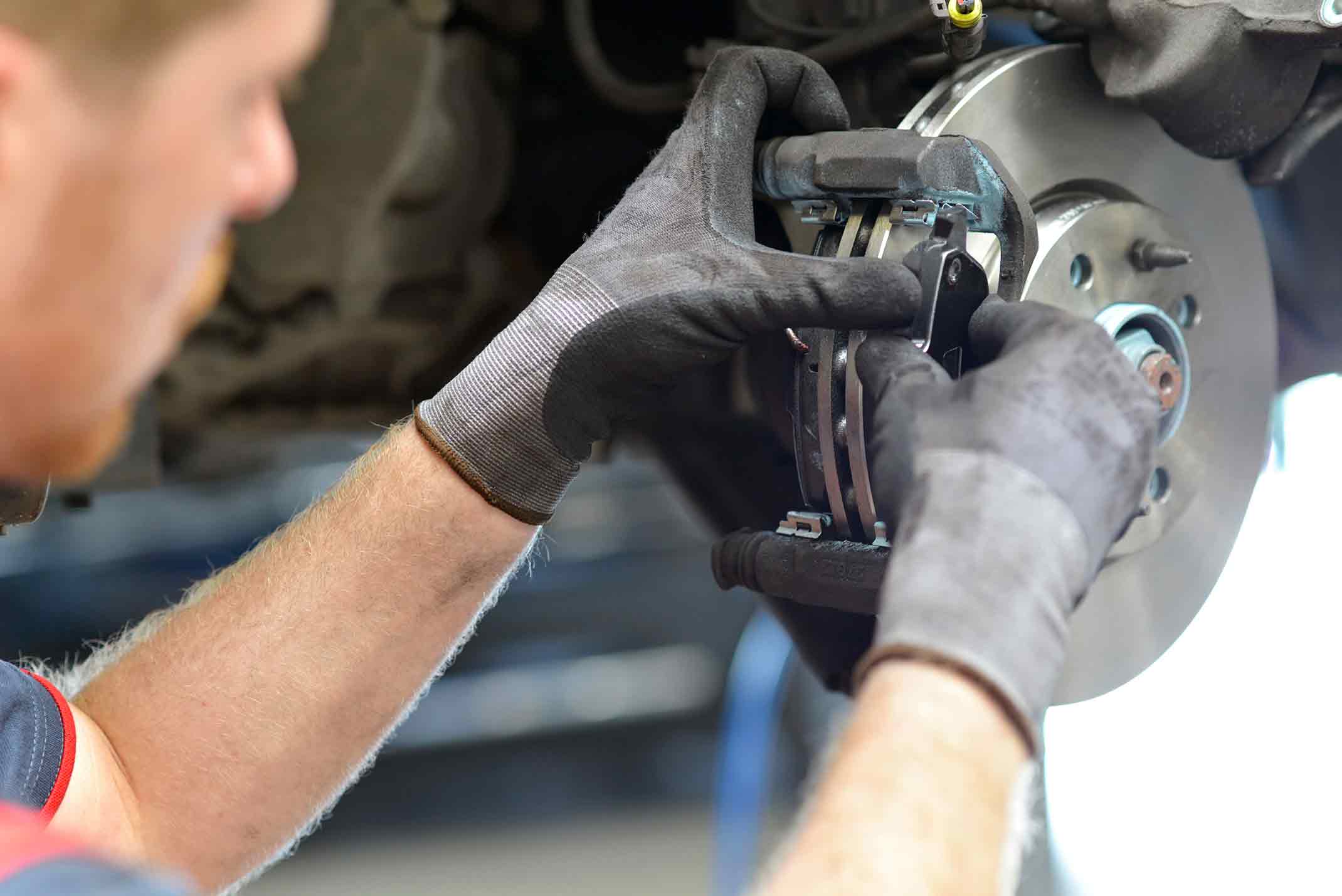Auto Repair Near Kendall Green, FL
- brake replacement Coconut Creek, FLDiagnosis for Brake System Fluid Contamination
A crucial part of a car's brake system is the one that ensures safe and effective braking. Monitoring and identifying brake system fluid contamination is a frequently disregarded component of brake maintenance. Your brakes' performance may be compromised by contaminated brake fluid, which can also, in extreme cases, endanger your safety. The causes, symptoms, and solutions to the problem will all be covered in this article, along with other facets of diagnosing brake system fluid contamination.
Contamination of brake system fluids is caused by:
Auto Maintenance & Service in Palm Aire, FL

To avoid further problems, it's critical to pinpoint the underlying causes of brake fluid contamination, which can happen for a variety of reasons. Breath fluid contamination is frequently caused by the following:
- Moisture Ingress: Due to worn seals, damaged brake lines, or poor maintenance, moisture can seep into the brake fluid next page reservoir.
- Dirt and debris: When the reservoir cap is removed, dust, dirt, and other debris can enter the brake fluid system, contaminating the fluid.
- Brake lines and parts can corrode over time, releasing particles into the brake fluid.
- Mixing Different Brake Fluid Types: Combining different brake fluid types can result in chemical reactions and contamination.
- Worn Brake Components: During braking, particles can enter the fluid as the brake pads and rotors deteriorate.
Symptoms of Contamination of Brake Fluid:
To maintain the safety and performance of your car, it is essential to identify brake fluid contamination. Watch out for the following signs of contaminated brake fluid:
Front Disc Brake Repair - Dr Brakes Complete Auto Repair in Palm Aire, FL
- Brake Fade: Contaminated fluid can make Homepage the brakes you can check here feel spongy or less responsive, which can reduce the performance of the braking system.
- Increased Stopping Distance: If your car takes longer to stop, your brake fluid may be compromised.
- Brake Pedal Issues: A soft or mushy brake pedal could be a sign of air bubbles or other impurities in the brake fluid.
- Unusual Noises: When applying the brakes, contaminated brake fluid can result in squealing or other sounds.
- Brake Warning Light: Your dashboard's lit brake warning light may indicate a problem with your brake fluid, including contamination.
Identifying the Contamination of Brake Fluid:
The following procedures should be used to accurately identify brake fluid contamination:
- Visual inspection: Start by visually inspecting the reservoir for the brake fluid. Check the brake fluid for any visible contaminants, discoloration, or cloudiness.
- Brake Fluid Test Strips: There are brake fluid test strips available, and they can be used to find out how much moisture is present in a fluid. Moisture that is too high can indicate contamination.
- Boiling Point Test: To withstand the heat produced during braking, brake fluid needs to have a high boiling point. It might be because of contaminated fluid that your brakes are prone to overheating.
- When in doubt, consult a qualified mechanic for advice. They are able to analyze the brake fluid more thoroughly and accurately identify any contamination problems.
Contamination of brake fluids:
Dr Brakes Complete Auto Repair - Brake Repair & Service in Lighthouse Point, Pompano Beach, FL
If you've found contaminated brake fluid, it's critical to act right away to fix the issue. The steps are listed below:


- Brake Fluid Flush: The best way to get rid of impurities and replace the old fluid with clean, fresh brake fluid is to completely flush the fluid.
- Component Inspection: Examine any master cylinders, calipers, or brake lines that may be corroded or damaged. Replace any parts that are damaged.
- Seal Replacement: To avoid further contamination, replace any damaged seals if moisture ingress is the problem.
- Use the Right Fluid: To ensure compatibility and avoid future contamination problems, always use the brake fluid that the manufacturer suggests.
- Regular Maintenance: Follow a regular brake maintenance schedule to avoid contamination in the future. During routine maintenance, check the brake fluid and deal with any problems right away.
In order to keep your car safe and operating properly, it is essential to identify and treat brake system fluid contamination. You can identify and fix contamination problems before they cause brake failure with the aid of routine inspections and proactive maintenance. To ensure that your brakes are reliable, keep a close eye on your fluid and act right away if you suspect contamination.